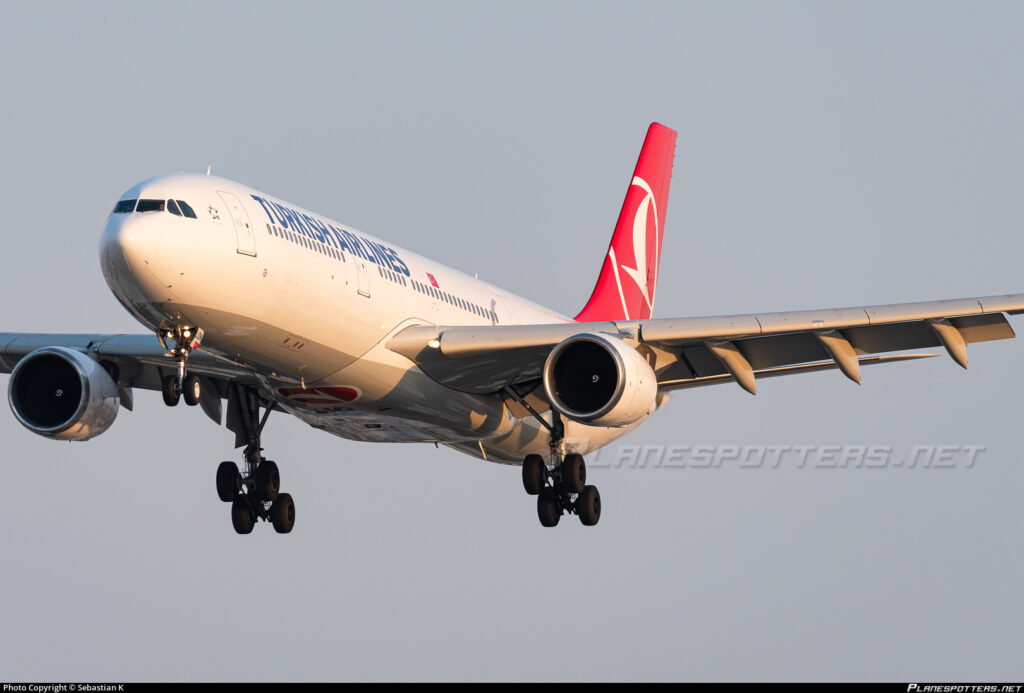
Introduction
Turkey, a nation that straddles Europe and Asia, has emerged as a significant player in global geopolitics. Its strategic location has made it a bridge between East and West, contributing to its importance in various international affairs. Recent events have highlighted Turkey’s influence on global economic, political, and security issues, making it a key nation to watch in the coming years.
Turkey’s Role in Geopolitical Conflicts
In recent months, Turkey’s involvement in various geopolitical conflicts has attracted global attention. The ongoing tensions between Russia and Ukraine have seen Turkey step up its role as a mediator, providing diplomatic avenues for dialogue. Turkey has also maintained strong ties with NATO while complicated by its purchase of defense systems from Russia. These actions have forced allies to reassess their relationships with Turkey, underscoring its pivotal role in balancing power dynamics in the region.
Economic Influence and Trade Policies
Turkey’s economy, characterized by a dynamic agricultural sector and a growing manufacturing base, has made it a crucial trading partner for many nations. The government’s recent initiatives to encourage foreign investment have also started to bear fruit. In the past year, bilateral trade agreements with countries across Africa and Asia have expanded, boosting Turkey’s market presence worldwide. As global supply chains continue to evolve, Turkey’s position in the logistics and trade sectors is likely to strengthen further.
The Refugee Crisis and Humanitarian Efforts
Turkey is home to one of the largest refugee populations in the world, with millions of Syrians seeking shelter from the ongoing civil war. The country’s efforts to provide humanitarian assistance have garnered international praise, but it has also put pressure on its resources and infrastructure. The recent financial crisis in Turkey has raised concerns over its ability to continue supporting these populations. While the international community has pledged assistance, the effectiveness of these efforts remains to be seen.
Conclusion
In conclusion, Turkey’s importance in global affairs cannot be overstated. As a bridge between two continents, its strategic geopolitical position, economic influence, and humanitarian commitments represent both challenges and opportunities on the world stage. Moving forward, analysts anticipate that Turkey’s relationships with other nations will evolve, impacting global politics and trade significantly. Readers are encouraged to keep an eye on Turkey as it navigates these complex dynamics and seeks to redefine its role in an increasingly interconnected world.



